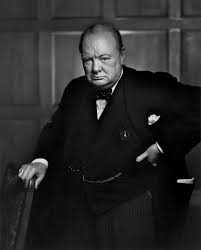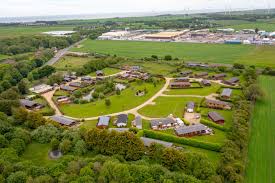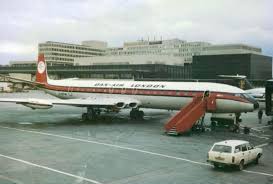The Enduring Legacy of Winston Churchill

Introduction
Winston Churchill, the British Prime Minister during World War II, is celebrated as one of the greatest leaders of the 20th century. His indomitable spirit during the war, powerful rhetoric, and unwavering resolve played a significant role in shaping modern Britain and may have altered the course of history. Understanding Churchill’s impact is crucial, especially in today’s politically charged environment, as his leadership qualities resonate with contemporary leaders and nations facing crises.
Churchill’s Leadership in WWII
Taking office in May 1940, Churchill faced a daunting task as Nazi Germany threatened Europe. His famous speeches, filled with defiance and hope, rallied the British public during difficult times. Phrases like “We shall fight on the beaches” embodied his belief in resilience and determination. Churchill’s strategic decisions, including forming alliances with the United States and the Soviet Union, were pivotal in countering Axis powers. His leadership was not merely about military tactics but about inspiring the nation to stay united and maintain morale.
Post-War Influence
After the war ended in 1945, Churchill’s influence did not wane despite losing the general election. His foresight about the rising tension between the Soviet Union and the West, articulated in his famous “Iron Curtain” speech in 1946, highlighted the need for vigilance and cooperation among Western democracies. His analysis is often regarded as a precursor to the Cold War, showcasing his understanding of the geopolitical landscape.
Significance in Contemporary Politics
Churchill’s principles of resilience, courage, and democracy continue to inspire political leaders and citizens alike. His thoughts on leadership resonate in discussions about modern governance, especially during crises like the COVID-19 pandemic. Today’s leaders often reflect on his strategies, emphasising the balance between addressing urgent needs while fostering public confidence. Furthermore, Churchill’s articulation of democratic values and his warnings about authoritarianism remain relevant as governments around the world grapple with similar challenges.
Conclusion
Winston Churchill’s legacy is not confined to his time; it extends into our modern political discourse. As discussions around leadership qualities and political integrity continue to emerge, looking back at Churchill’s life provides valuable lessons. His resilience and ability to unite people in the face of adversity serve as a reminder of the importance of strong leadership in navigating the complexities of the current world. Understanding his impact encourages reflection on the qualities necessary for future leaders as global challenges persist.








